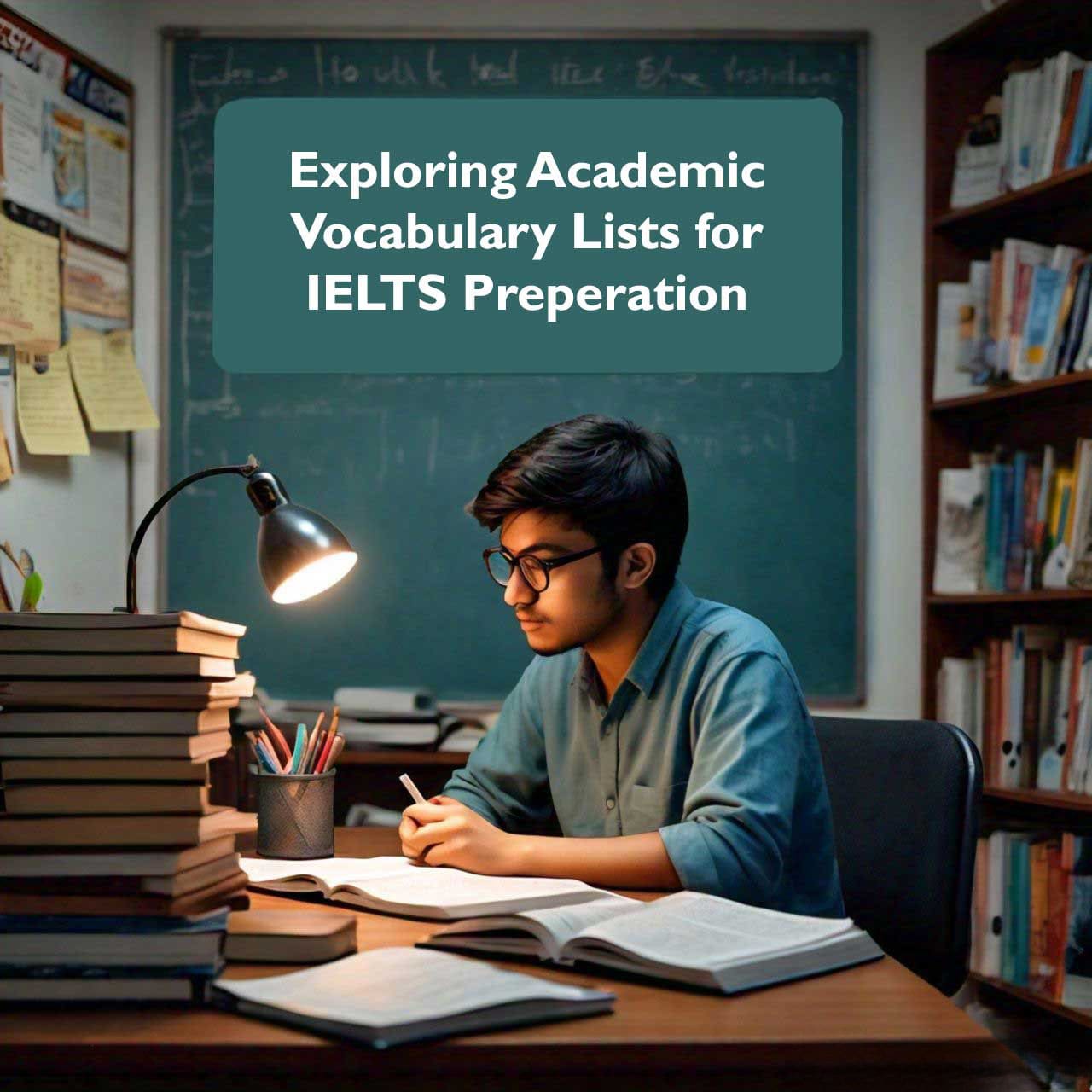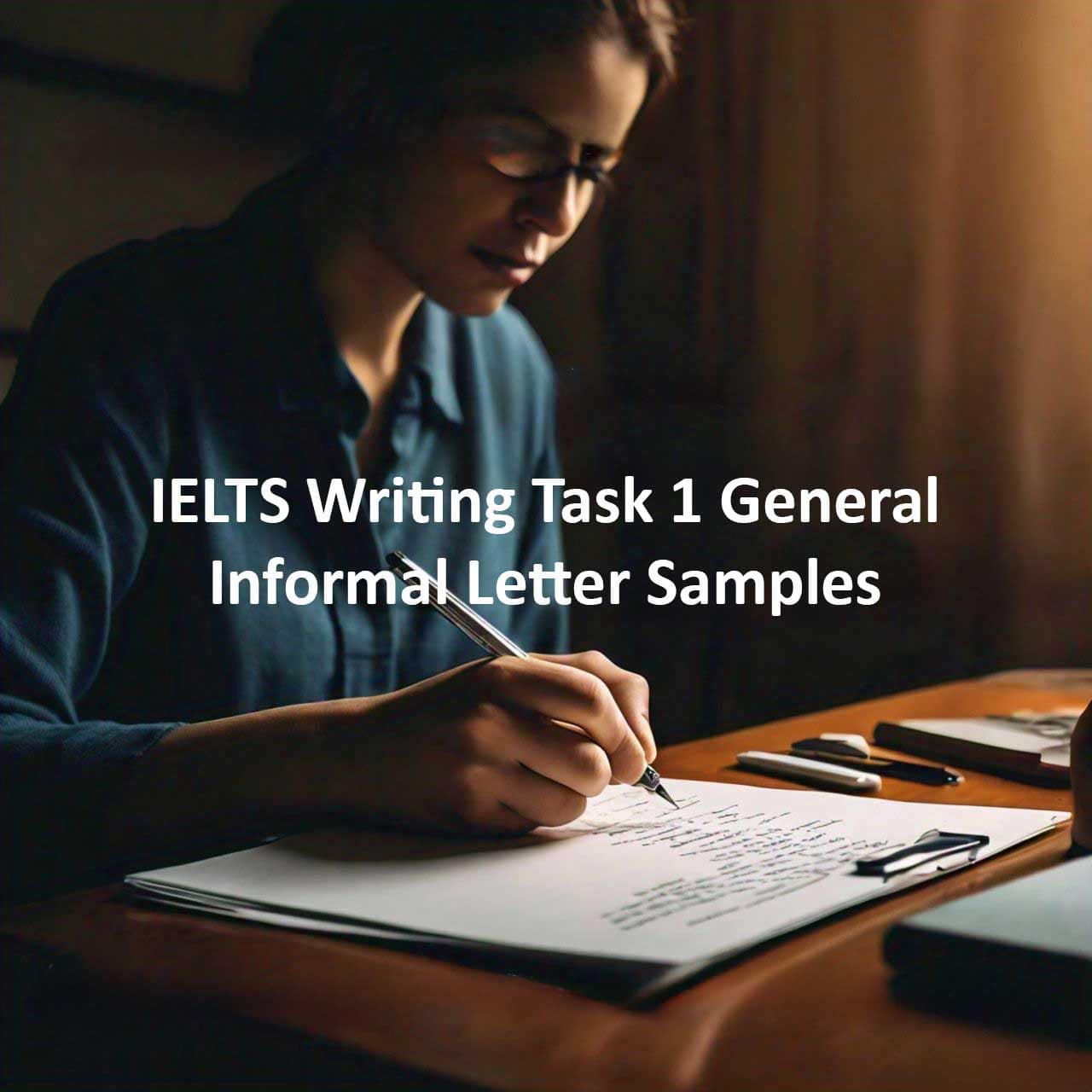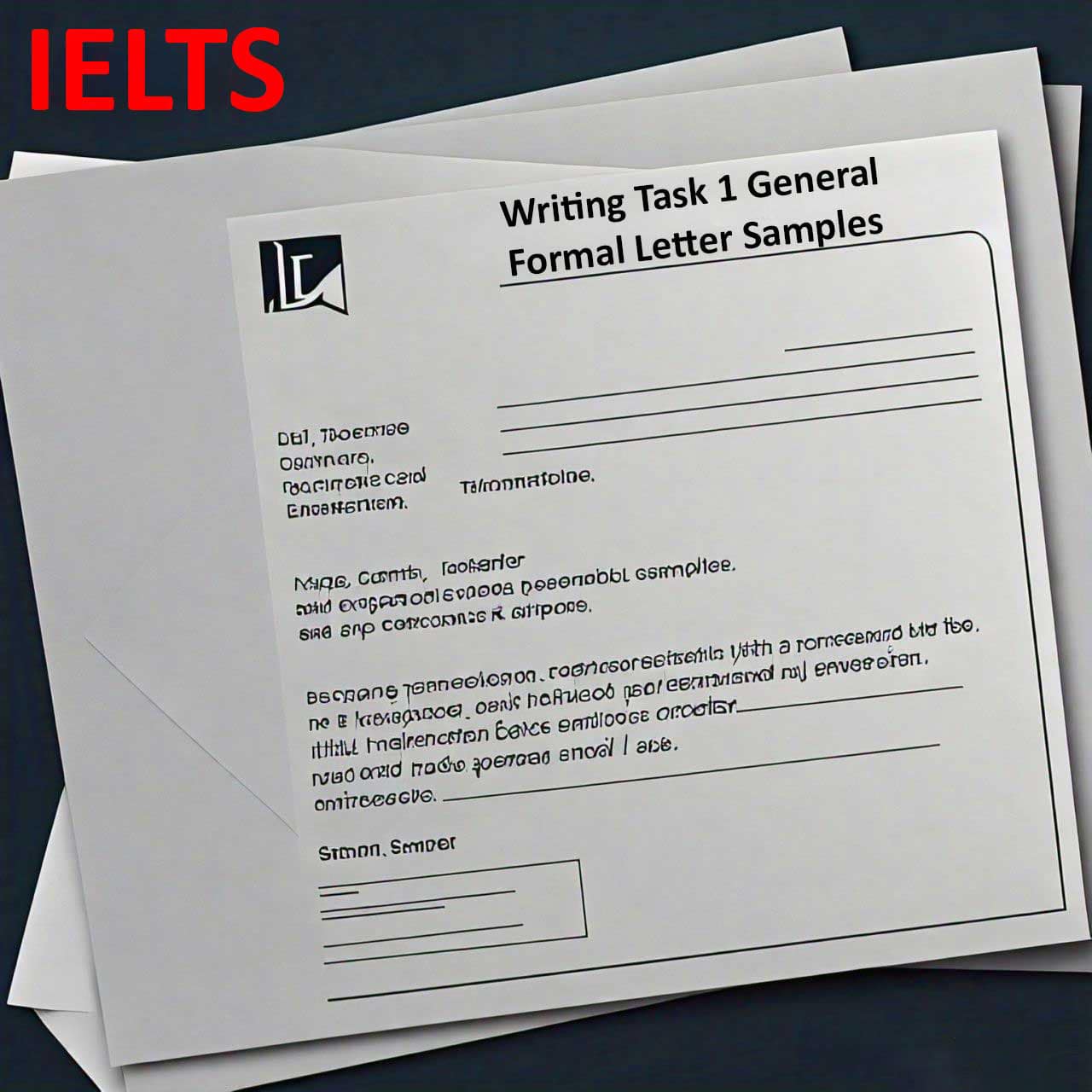Preparing for the IELTS exam can be a daunting task, especially when it comes to mastering the academic vocabulary essential for achieving a high score. Vocabulary plays a crucial role in all four sections of the test: Listening, Reading, Writing, and Speaking. This blog post will delve into the importance of academic vocabulary for IELTS, explore various vocabulary lists available, and provide tips on how to effectively integrate these lists into your study routine.
The Importance of Academic Vocabulary in IELTS
Academic vocabulary is not just about knowing complex words; it’s about understanding how to use them appropriately in context. In the IELTS exam, a rich and precise vocabulary can help you express ideas clearly, understand reading passages, follow conversations, and write essays that demonstrate a high level of English proficiency. A strong vocabulary aids in:
– Listening: Recognizing and understanding key terms and phrases.
– Reading: Comprehending complex texts and identifying main ideas.
– Writing: Crafting well-structured essays with varied and precise language.
– Speaking: Articulating thoughts fluently and accurately during interviews.
Key Academic Vocabulary Lists for IELTS
Several vocabulary lists have been curated specifically for IELTS preparation. Here are some of the most popular and effective ones:
1. The Academic Word List (AWL)
– Overview: Compiled by Averil Coxhead, the AWL consists of 570-word families that are frequently found in academic texts. It is divided into 10 sublists, with the most common words in the first sublist.
– Usage: Ideal for improving comprehension and usage of words in academic contexts. Focus on understanding each word’s meaning, usage, and common collocations.
2. The General Service List (GSL)
– Overview: A list of 2,000 words that cover about 80% of English text. While not specifically academic, these words form the foundation of English vocabulary.
– Usage: Essential for building a strong base before moving on to more advanced academic words.
3. The IELTS High-Frequency Word List
– Overview: Specific to the IELTS exam, this list includes words that frequently appear in the test. It’s a practical resource for targeted practice.
– Usage: Focus on these words to boost performance in the reading and writing sections.
4. The Cambridge English Vocabulary for IELTS
– Overview: This is a comprehensive resource offered by Cambridge English, which includes a wide range of vocabulary exercises.
– Usage: Practice with these lists to enhance both active and passive vocabulary skills.
Strategies for Learning Academic Vocabulary
Knowing the right words is only half the battle; you also need effective strategies to learn and retain them. Here are some tips to help you master academic vocabulary for IELTS:
1. Contextual Learning
– Strategy: Learn new words in context by reading academic texts, articles, and journals. Pay attention to how words are used in sentences.
– Benefit: Helps in understanding nuances and appropriate usage.
2. Flashcards
– Strategy: Create flashcards with the word on one side and its definition, synonyms, and example sentences on the other.
– Benefit: Aids in active recall and spaced repetition, enhancing memory retention.
3. Word Families and Collocations
– Strategy: Study word families (e.g., “analyze,” “analysis,” “analytical”) and common collocations (e.g., “conduct research,” “significant impact”).
– Benefit: Expands vocabulary and helps in using words correctly in context.
4. Regular Practice
– Strategy: Incorporate new vocabulary into your speaking and writing practice. Aim to use new words in essays and speaking responses.
– Benefit: Reinforces learning and builds confidence in using advanced vocabulary.
5. Quizzes and Tests
– Strategy: Take regular quizzes and practice tests to assess your vocabulary knowledge and track progress.
– Benefit: Identifies weak areas and helps focus your study efforts.
Conclusion
Mastering academic vocabulary is a critical component of effective IELTS preparation. By utilizing structured vocabulary lists like the AWL, GSL, and IELTS-specific lists, and employing effective learning strategies, you can significantly enhance your language skills. Remember, consistent practice and exposure to academic language will not only prepare you for the IELTS exam but also equip you with a valuable skill set for academic and professional success.
So, dive into those word lists, employ strategic learning methods, and watch your IELTS performance soar!



